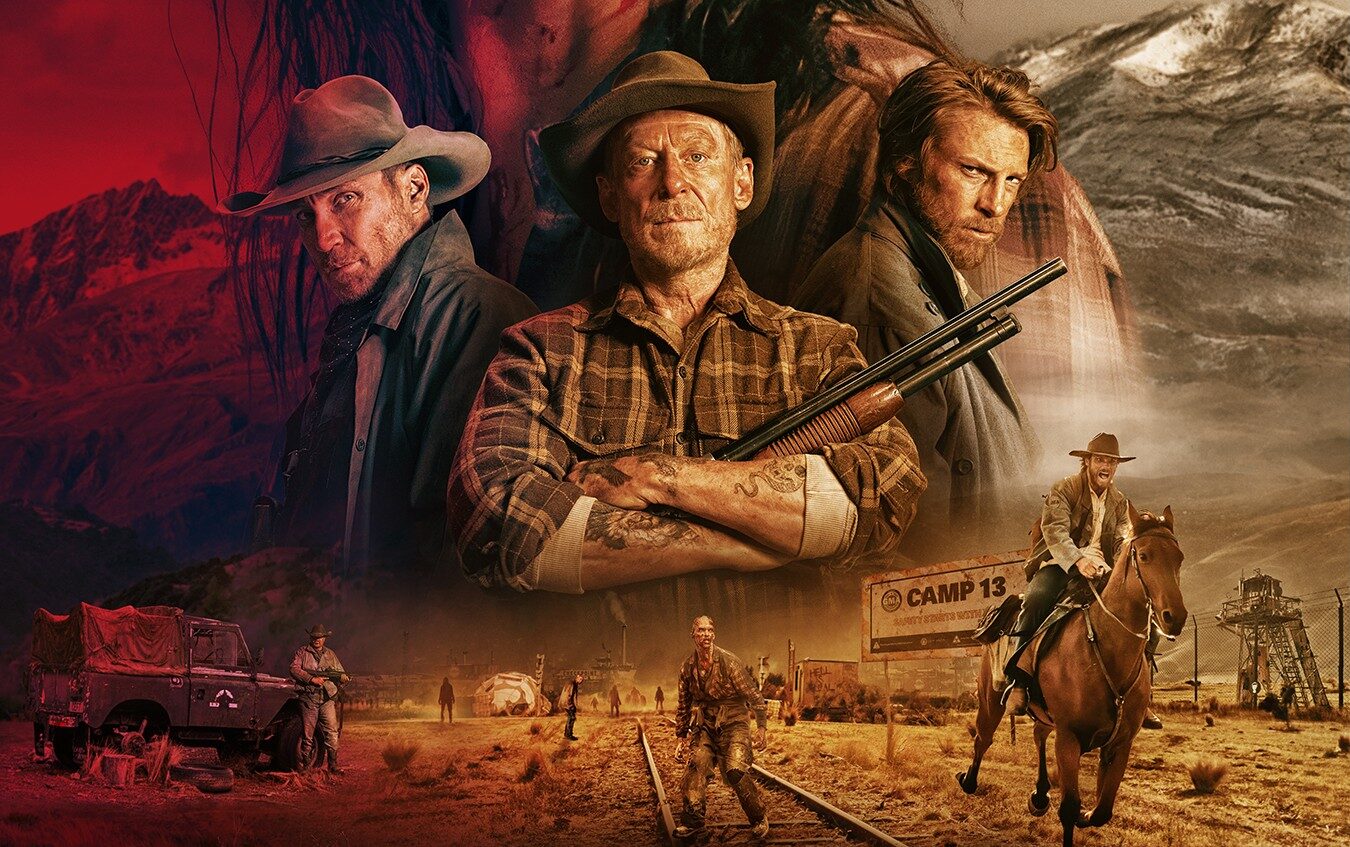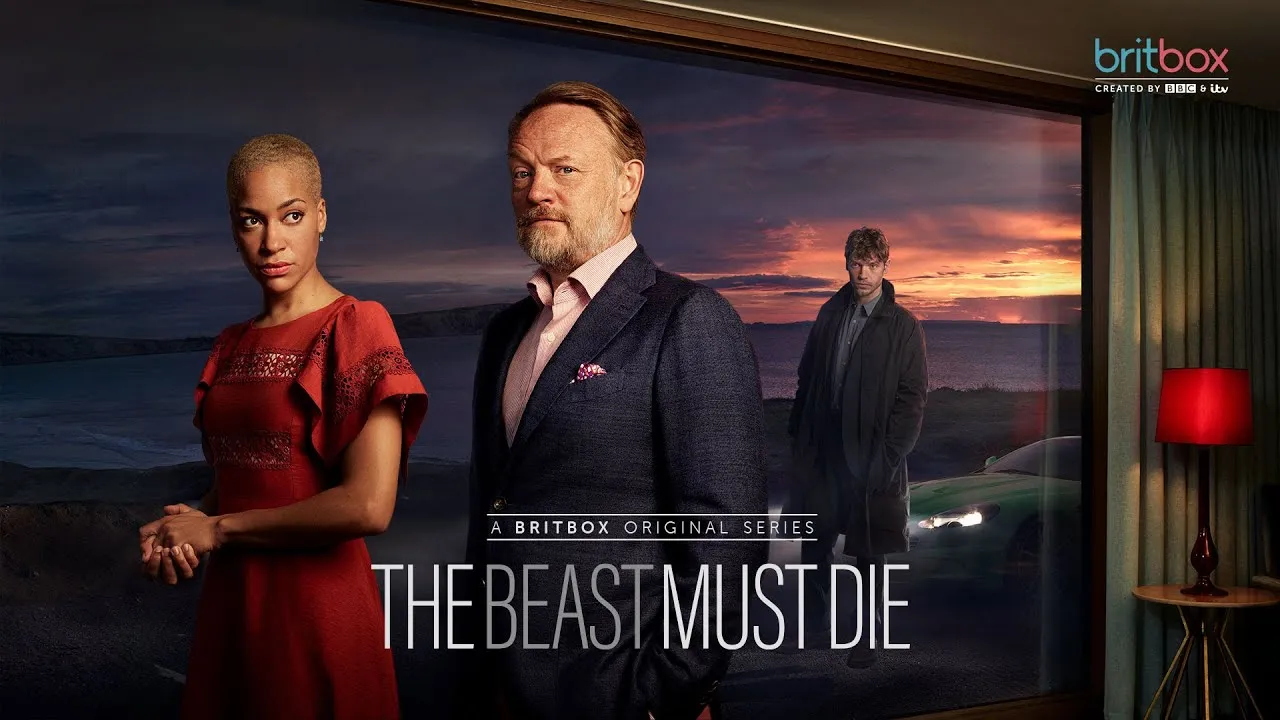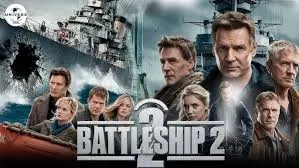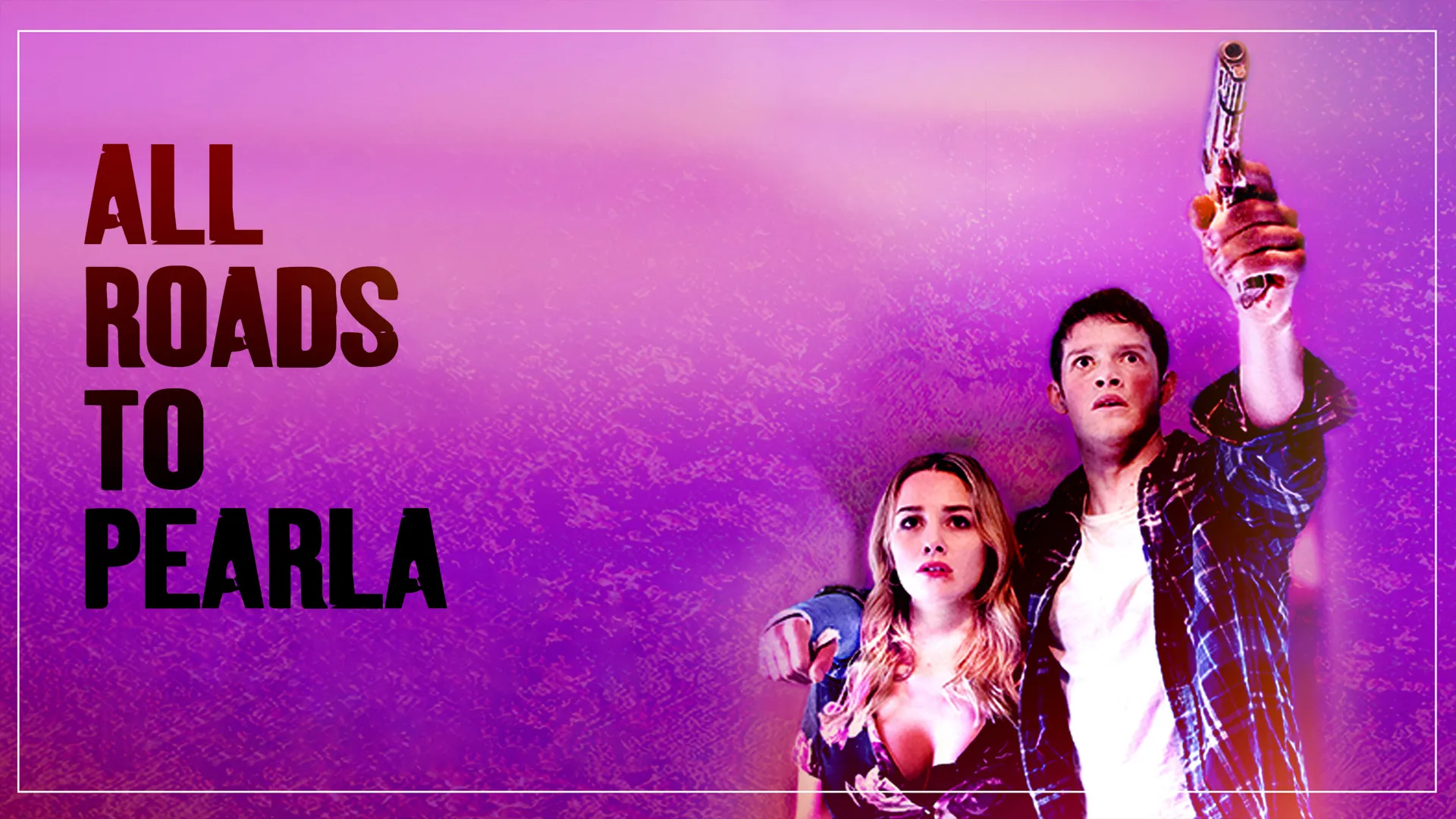Forgive Us All (2025): A Haunting Neo-Western Horror
Forgive Us All is a captivating 2025 film from New Zealand that brilliantly blends elements of neo-Western and horror genres. Directed and written by Jordana Stott in her feature debut, the movie offers a fresh and gripping take on the post-apocalyptic zombie narrative. Set against the stunning yet desolate landscapes of Queenstown, New Zealand, the film explores powerful themes such as grief, survival, and redemption.
The story centers around Rory, portrayed by Lily Sullivan, a mother who has lost everything to a devastating virus that turns humans into violent cannibals known as "Howlers." Seeking refuge in an isolated mountain cabin, Rory tries to find solace and safety in the wilderness. However, her fragile peace is shattered when a wounded stranger arrives, bringing with him hope but also danger. As she grapples with the decision to trust this stranger, Rory's internal conflict between self-preservation and compassion drives the emotional core of the film.
Lily Sullivan delivers a deeply nuanced performance, convincingly portraying Rory’s struggle with grief and hope amid a world filled with chaos and death. Her portrayal highlights the complexity of a mother’s love in the face of unimaginable loss. Supporting her are Richard Roxburgh as Otto, a seasoned survivor who offers guidance and wisdom, and Callan Mulvey as Logan, a brutal enforcer for a harsh, totalitarian regime that has risen in the aftermath of the collapse. Their characters add layers of tension and moral ambiguity, showing the spectrum of human behavior when society breaks down.

Visually, Forgive Us All is striking and atmospheric. Cinematographer Peter McCaffrey captures the haunting beauty of New Zealand’s wilderness, using the landscape to emphasize the isolation and decay surrounding the characters. The film’s color palette, dominated by burnt oranges and sickly greens, creates an unsettling, almost dreamlike quality that mirrors the characters’ inner turmoil. The cinematography helps build a mood of suspense and melancholy throughout the movie.
The pacing of the film is deliberate, allowing tension to build gradually as the narrative unfolds. This slow burn approach intensifies the emotional depth and heightens the impact of the occasional violent and terrifying encounters with the Howlers. When action sequences do occur, they are intense, visceral, and genuinely frightening, delivering real horror moments that keep viewers on edge. The climax of the film is harrowing and emotionally charged, leaving a lasting impression well after the credits roll.

Forgive Us All distinguishes itself within the horror genre by blending emotional storytelling with genre thrills. It’s not just a film about survival against zombies, but also a meditation on humanity, loss, and the moral choices people must make in desperate times. With strong performances, compelling characters, and evocative visuals, it offers more than the typical horror fare—inviting viewers to reflect on the resilience and darkness within us all.
Overall, Forgive Us All is a bold and haunting cinematic experience that redefines the zombie apocalypse story. It is a must-watch for fans who appreciate horror films with depth, atmosphere, and emotional resonance. The movie’s combination of neo-Western style and horror elements makes it a fresh and memorable entry in contemporary cinema.


-1751707799-q80.webp)
